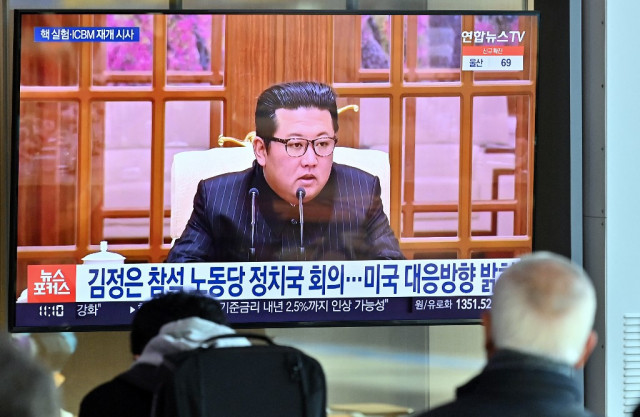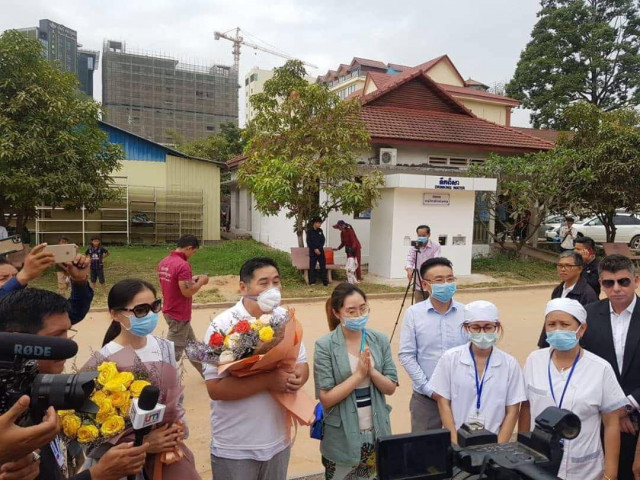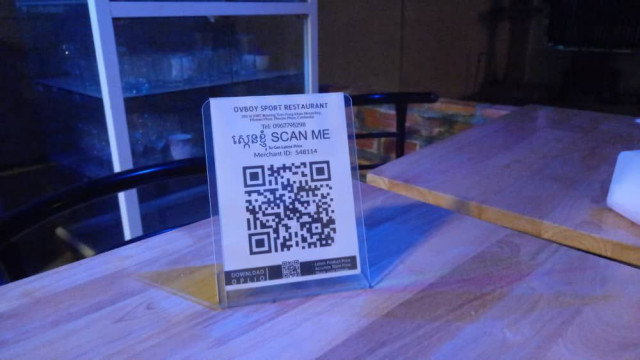Ta Pen: Remote Public School with City-Level Facilities
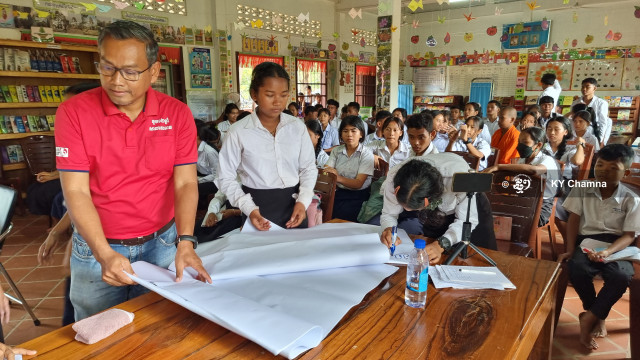
- By Phat Dane
- November 28, 2023 4:00 PM
SIEM REAP & PREAH VIHEAR - About 40 kilometres away from the city of Siem Reap, near the foot of the sacred Kulen mountain, there is a rural region where people do not expect to see well-established education facilities. However, Ta Pen Primary and Junior High School aims to give local students the chance to get quality education at a well-maintained studying facility.
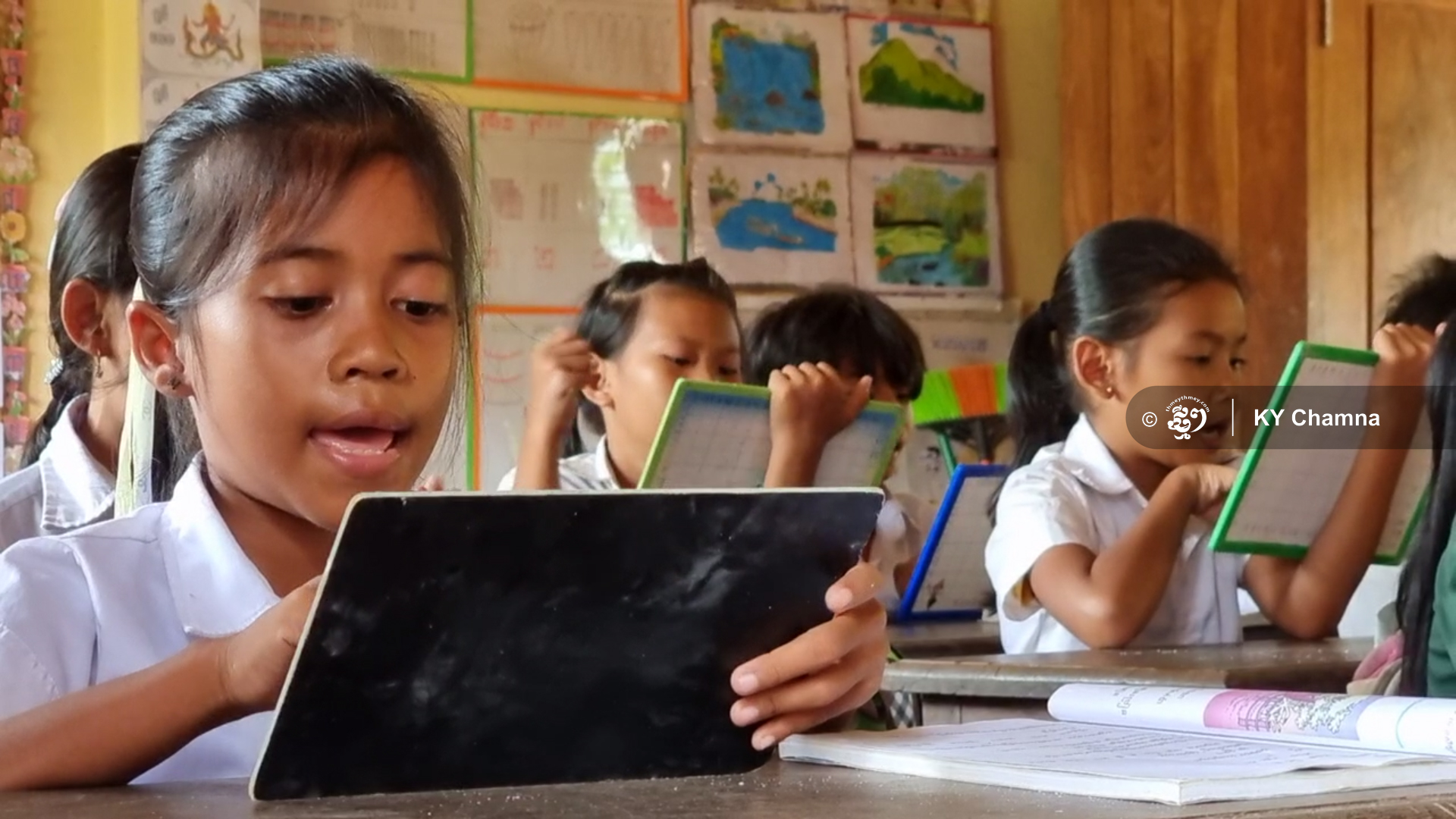
ThmeyThmey News reporter Phat Dane travelled to Ecole Primaire & College de Ta Pen to meet school director Put Sokmean to see what is so special about this school.
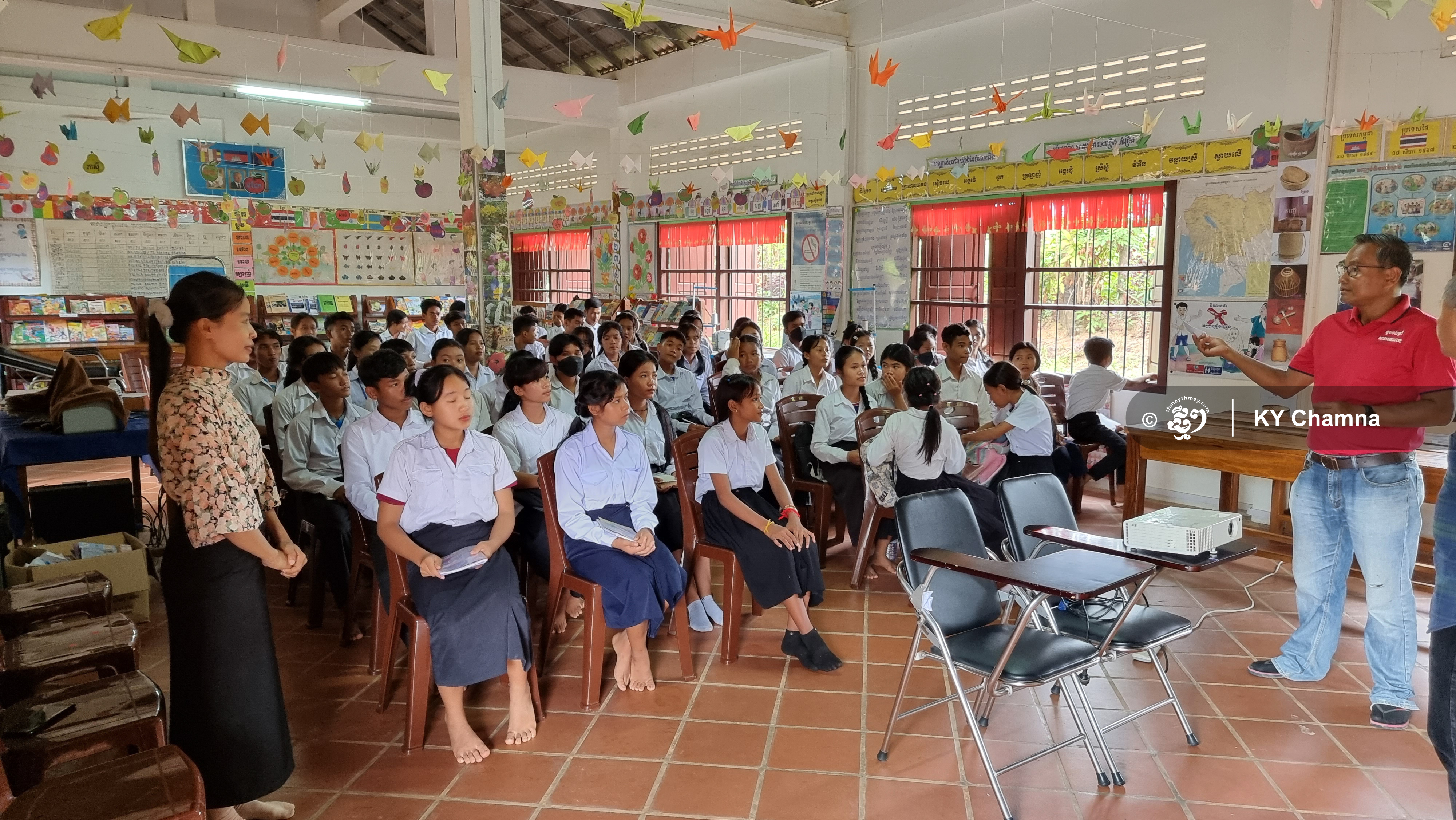
Phat Dane: Can you please tell us how this school began in a rural area like this?
Put Sokmean: Ecole Primaire & College de Ta Pen is about 12 years old now. Initially, we only created the primary school. In 2014, we extended to a junior high school. Combining everyone from nursery to grade 9, we have around 550 students. For primary classes, we have 10 teachers and for junior high we have four state teachers from the ministry and four substitute teachers.
Prior to the creation of the school, the president of Don du Choeur, Isabelle Chatel, came to Cambodia and saw a need to start a new school here in this region. Two landowners in the community contributed their land to make this school. Mainly, the school is public. However, the compound is sponsored by Don du Choeur through charity and Swiss governmental support.
This area seems very rural due to the large amount of farmland. The students here live nearby but some live on top of the mountain.
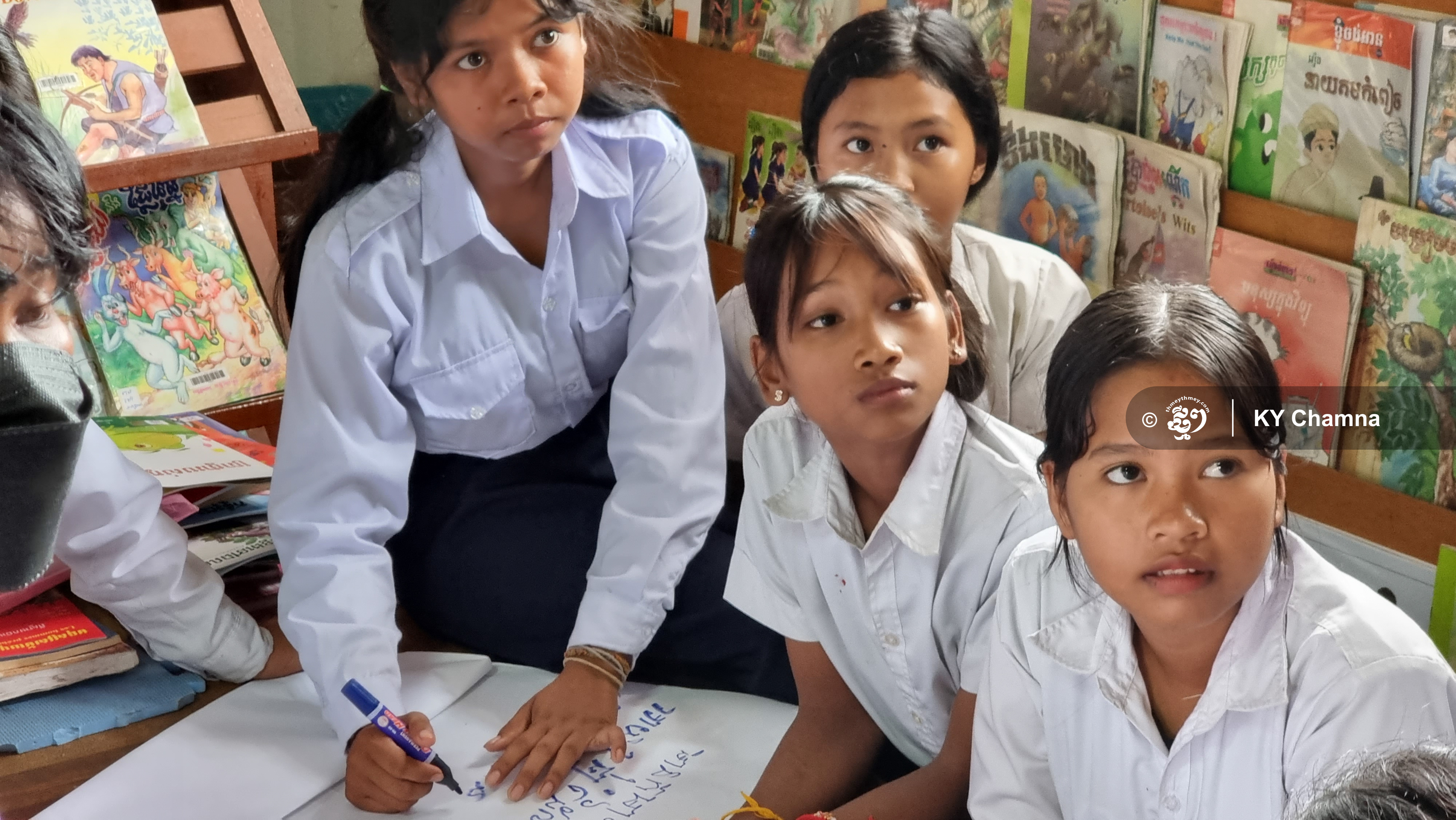
Phat Dane: Do you think your school has enough teachers to teach all the students properly?
Put Sokmean: From the perspective of the government, there are enough teachers. However, from the perspective of our organisation, we do not think we have enough. Our plan is to have at a maximum of 35 students per classroom.
Since we have more, then we have to split the classrooms into a morning and an afternoon session. That is one of the reasons why we have to add more teachers from the local communities as well as neighbouring schools.
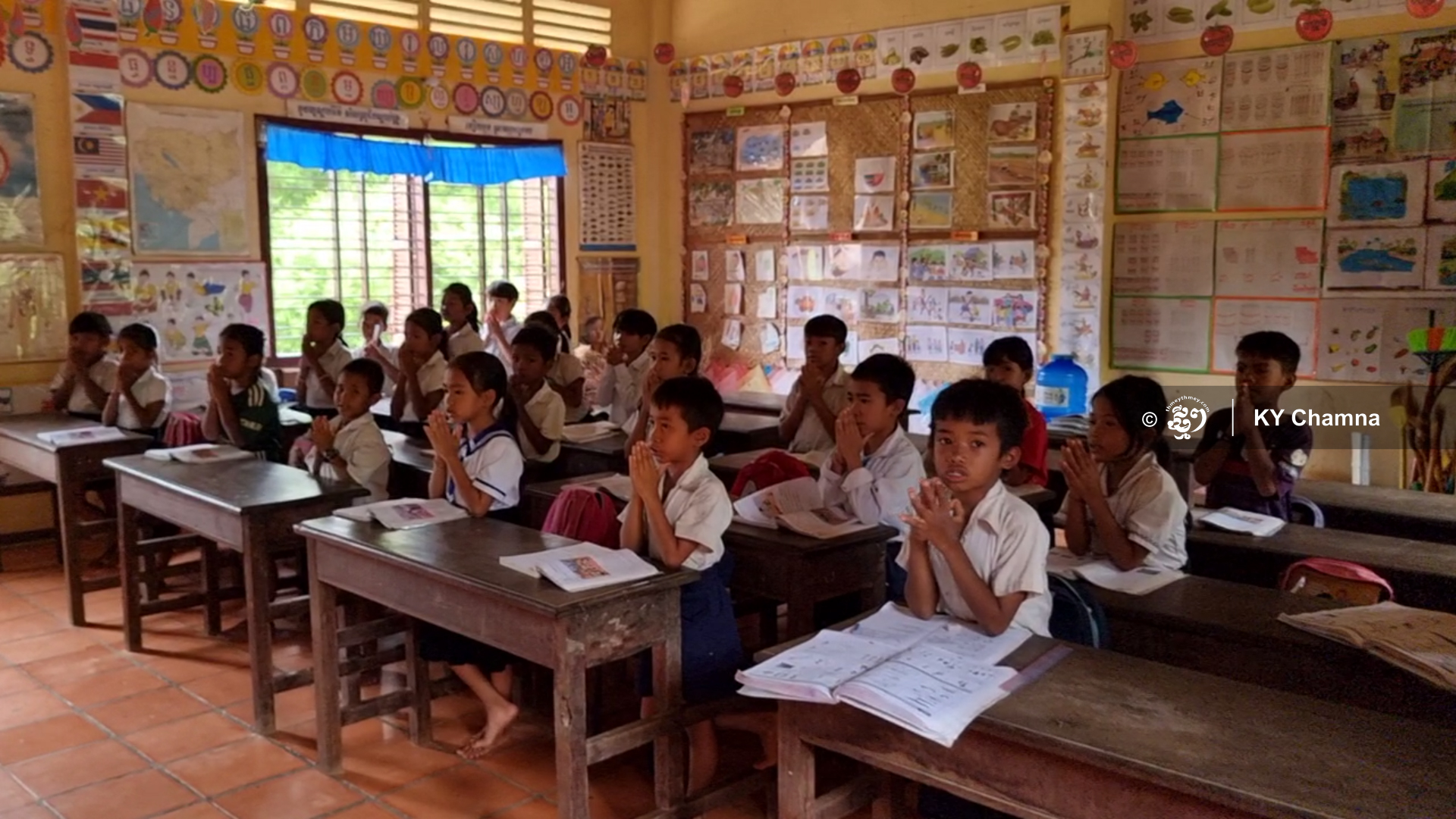
Phat Dane: So, how does your school continue to engage with the students after they finish grade 9?
Put Sokmean: When students finish grade 9, we will continue to help and support them until they reach grade 12. Although remote, we try to ensure that our students attend the classes as much as they can. We offer our students a whole year worth of learning materials and uniforms.
We also lend them bicycles for those who live more than 2.5km away. Our kitchen staff offer students breakfast during the morning session and a snack during the afternoon session. The food is sourced from our own community.
Six of our students have already attend universities in Phnom Penh. Many others are in high school and they will begin university soon.
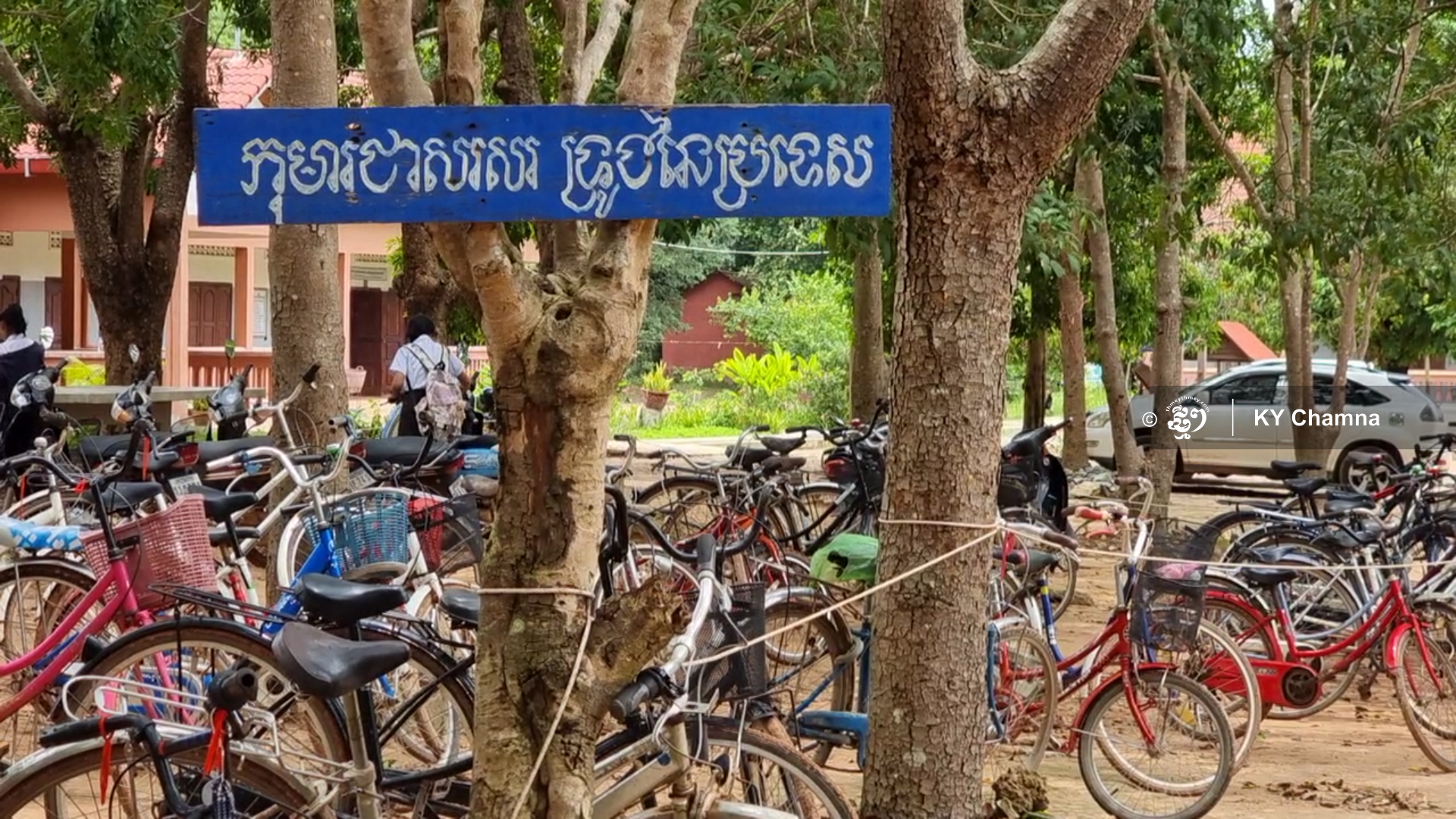
Starting from grade 9, we try to orient our students based on our evaluation whether they should continue pursuing general education or a vocational skill. However, we do not force them to make such a decision.
Some families encourage their children to take on vocational skills, such as cooking, agriculture, electricity, vehicle maintenance and construction since it allows them to generate income quickly with less time to study.
Schools, parents and students must work smoothly hand-in-hand to get the best out of things. Some parents enrol their children very late and we try to explain to them about the importance of child education. That is one of the reasons why we have more than 500 students in this community right now. This number is quite high for a rural region like this.
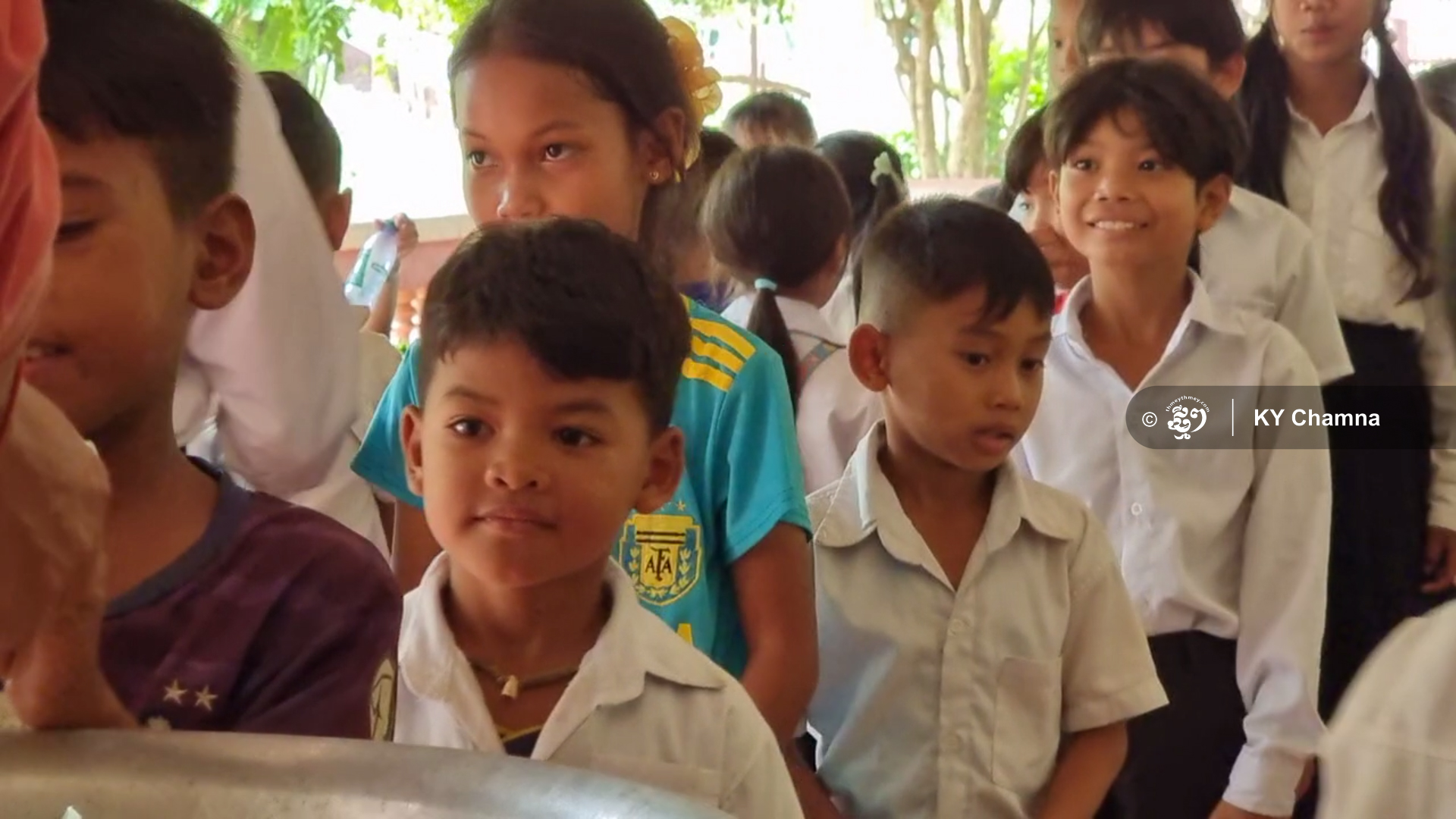
Phat Dane: How do you evaluate the strength of your students?
Put Sokmean: It is not easy to just take a measurement of how strong our students are. Based on where they learn right here at a remote village, a good number of our students are able to attend good high schools and good universities afterwards. Some of them even became outstanding students.
Some parents in the villages now become more invested in their children’s education although the parents need to work harder to provide for the family. As you may know, farming takes a lot of human effort. As a result, those who study well land good jobs with a good income.
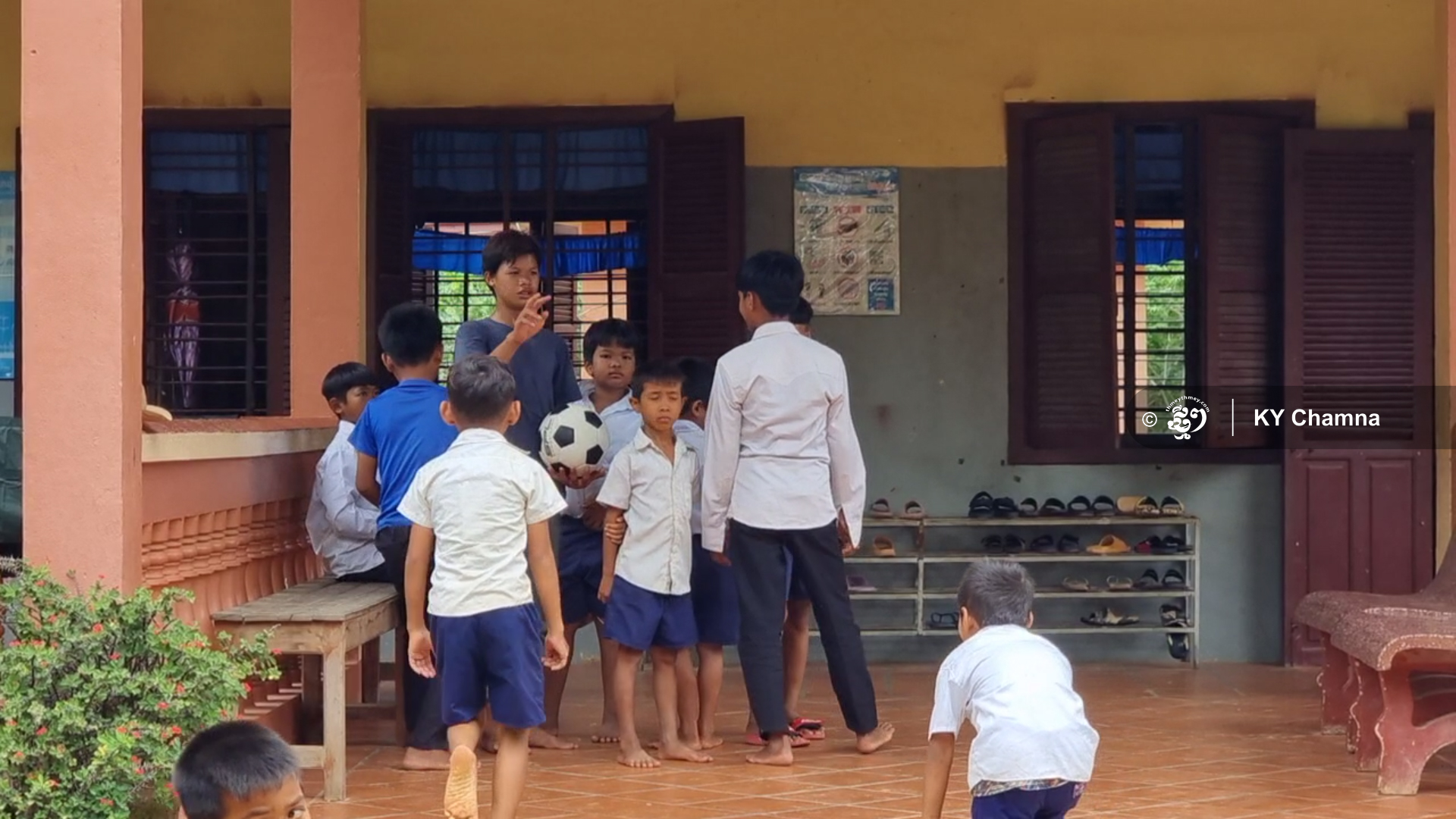
Phat Dane: Aside from education, what else do you offer your students?
Put Sokmean: For food, we also consider nutrition very attentively such as the right amount of vegetables and meat. We also focus a lot on sports. At Ta Pen school, we have our own football fields, basketball court, rock climbing area and more. Our basketball team also took part in competitions at the provincial level.
For the practical day-to-day skills, we offer courses for students in learning how to repair their clothes as well as how to do gardening. The produce is then used in the school kitchen with the support of professionals from the agricultural sector.
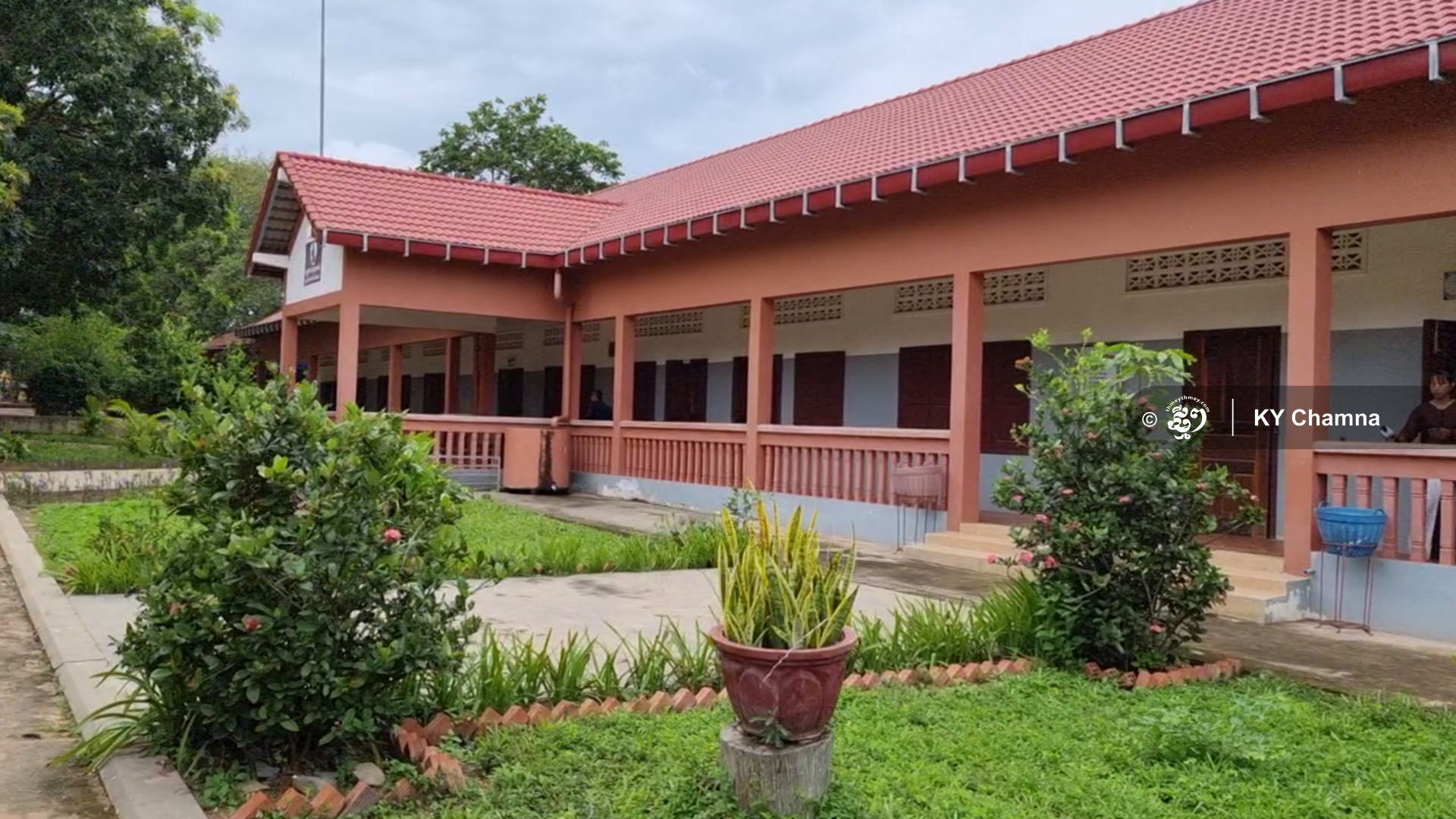
Phat Dane: Is there any eligibility for the students to join?
Put Sokmean: Since this is a public school, there is very little eligibility. Basically, every child is welcome here. However, we need to pay attention to the zone. This means we have to gather children from only our immediate area.
Learning on fields
After the famous archaeological region of Koh Ker was inscribed on UNESCO’s world heritage list, Put Sokmean and a classroom teacher invited five of his outstanding students to visit the temples built by the ancestors more than a thousand years ago in the present-day province of Preah Vihear.
_1701141902.png)
Sreymao, the teacher who led the five students said the trip was to bring the subject matter to life for the students.
“For some, they prefer reading or listening, whereas other students rather conduct research on the field instead as it can be more immersive for them to explore the scenery in their own eyes”, Sreymao said.
One 9th grader said during the trip, “This is my first time visiting the Koh Ker archaeological site.
“This excites me both academically and personally. We are delighted to do this school work and we deeply appreciate these historical treasures. I cannot wait to share what I have learned back with my classmates and my community”.
Conducted in Khmer for ThmeyThmey News, this story was translated by Ky Chamna and Luy Sireyreaksa for Cambodianess News.






